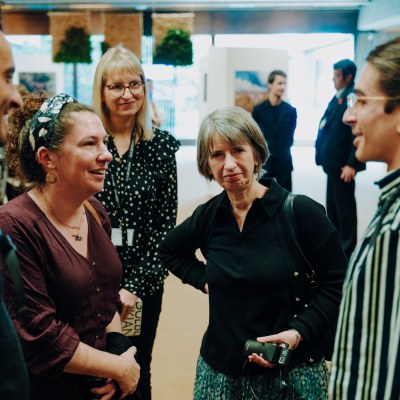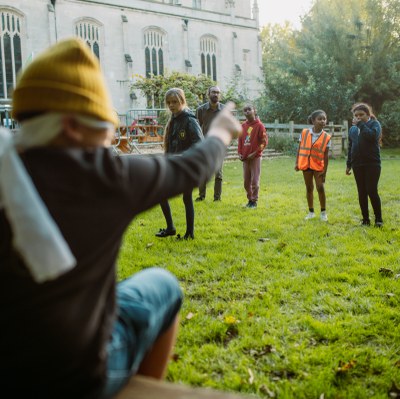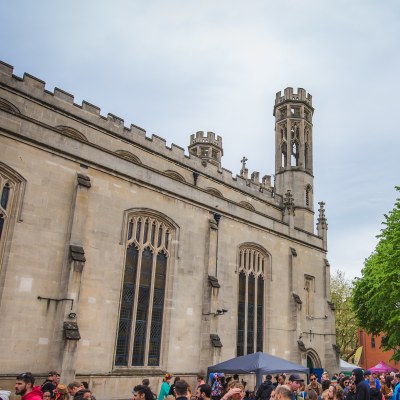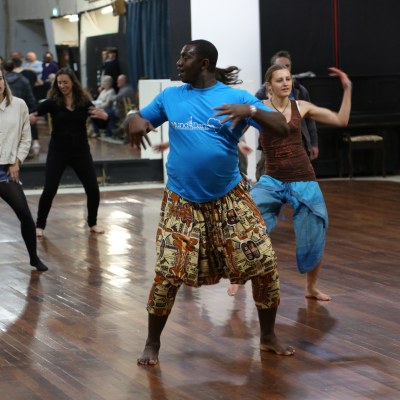Opinion: It's time to curate a different way of being
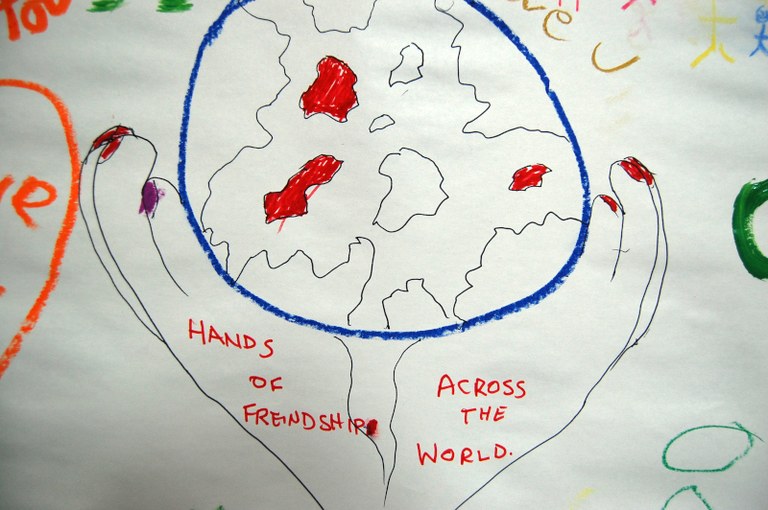
At Trinity, families from across our surrounding neighbourhoods come together. Children create paintings reflecting their diverse heritages. They sing nursery rhymes in different languages. The UK I see each day is not the divided one that manifested this weekend. It’s a place where people connect and foster relationships, bridging our diverse pasts within our shared present.
To suggest multiculturalism is something we tried and can simply undo is a particular form of dishonesty. Whether you like it or not, our towns and cities will only become more diverse so we must find ways to rub up against each other in less painful ways.
Multiculturalism isn’t a problem, but it’s also not a Benetton ad. Trinity’s charitable purpose is to promote racial harmony by encouraging equality of opportunity and good relations between people of different racial and cultural identities, and by facilitating multicultural activities. This isn’t just because it’s great fun, but because cohesion isn’t incidental. It requires work, spaces and resources, which are in short supply as counties, councils and communities go broke.
As the world changes around us in quicker and bolder ways, demographic profiles will continue to shift. Connecting online or in spaces with those who only nod in agreement makes seeing the world through a different lens all the harder.
Anchor hubs, community halls, neighbourhood pubs, historical sites and cultural institutions can offer an antidote; providing a familiar backdrop for existing communities while welcoming new ones. But rapid redevelopment, rising costs and pressures on sustaining statutory services are placing pressures on councils – often the legacy owners of a portfolio of our civic, cultural and heritage assets – to sell off the spaces that underpin our social fabric. Meanwhile, the decline of high streets has slowed growth and depleted local offerings that were once the foundation of an area’s cultural identity. If we no longer have places to drink tea and eat biscuits together, this creates a feeling of loss and defensiveness of 'us' that compounds fears of 'them'.
The sleight of hand being played is, while attention is diverted to small boats, the real threat – unregulated speculative land investment and inadequate community land control – continues to rob us of what’s ours. The response is a growing movement of local and national networks battling to save our spaces. While there are success stories, many of these campaigns struggle due to a lack of resources, experience and long-term support. Cash talks meaning it can be difficult to compete against the pressure on local authorities to dispose of assets at a commercial rate to balance budgets. Unlocking decisions and funding to protect these assets often hinges on political cycles, party policies and slogans that feel beyond our influence. This means, for every success story, we’re still losing more than we’re saving.
If we want to make things better for everyone, we must find a way to value societal well-being and sustainable development as much as, if not more than, the economic value of the ground under our feet. We can call in the army, increase police resources and regulate online spaces. But, if we want to see less of what happened this weekend, we must engage in the national conversation about the systemic issues behind such events and address how we provide vital civic infrastructure for a population that will only continue to grow in density and diversity.
The decisions we make now shape the story we tell about ourselves to future generations. At Trinity, we push the boundaries of a building constructed by people who could never have imagined the ways we use the space today. This space, built without us in mind, requires us to find ways to resource it for the future while accepting that we can’t predict what tomorrow holds or control who gets to be part of that.
Communities, times and places change. Once disparate cultural threads intertwine, shaping the ancestors we become. The fringe becomes the ordinary, the dinosaur, the dust. In a world of polarisation, fear, and uncertainty, these are the spaces (as our Edson says) that allow us to curate a different way of being, resonating with our shared past and shaping a more resilient and culturally vibrant future.
Right now, these spaces are more vital than ever.
#RadicalInclusion
This is an opinion piece by Emma Harvey




